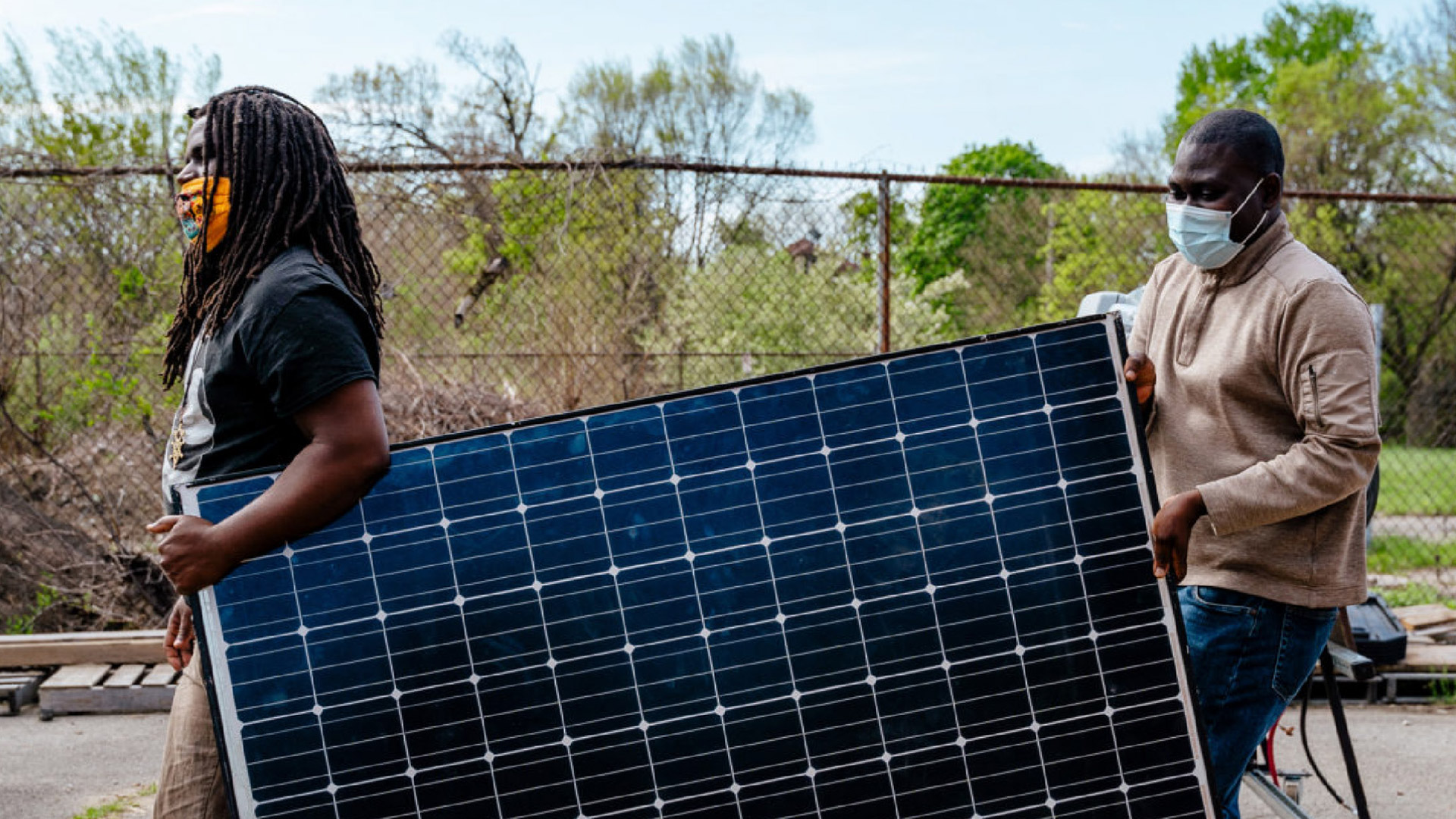
The National Climate Assessment, issued every four years based on the work of scientists and other experts, is generally considered the US’ most authoritative report on how global warming is affecting the country. The recently issued fifth assessment puts environmental justice front and center, emphasizing that low-income families and communities of color have historically borne the brunt of the nation’s environmental harms while benefiting least from environmental regulation.
The report includes a chapter on “social systems and justice,” noting that societal factors, including historic racism, have shaped the climate reality experienced by many low-income families and communities of color today. The report notes as an example:
Areas that were historically redlined—a practice in which lenders avoided providing services to communities, often based on their racial or ethnic makeup—continue to be deprived of equitable access to environmental amenities like urban green spaces that reduce exposure to climate impacts. These neighborhoods can be as much as 12 degrees Fahrenheit hotter during a heatwave than nearby wealthier neighborhoods.
Maria Lopez-Nunez, deputy director of the New Jersey-based social justice advocacy group Ironbound Community Corporation in Newark, and a member of the White House Environmental Justice Advisory Council, says the Fifth Assessment is going to go a long way to “helping the climate assessment feel a lot more relevant to the average person.”
For a summary of the National Climate Assessment: https://insideclimatenews.org/news/14112023/biden-national-climate-asssessment-environmental-justiice/
For the full text of the National Climate Assessment: https://nca2023.globalchange.gov